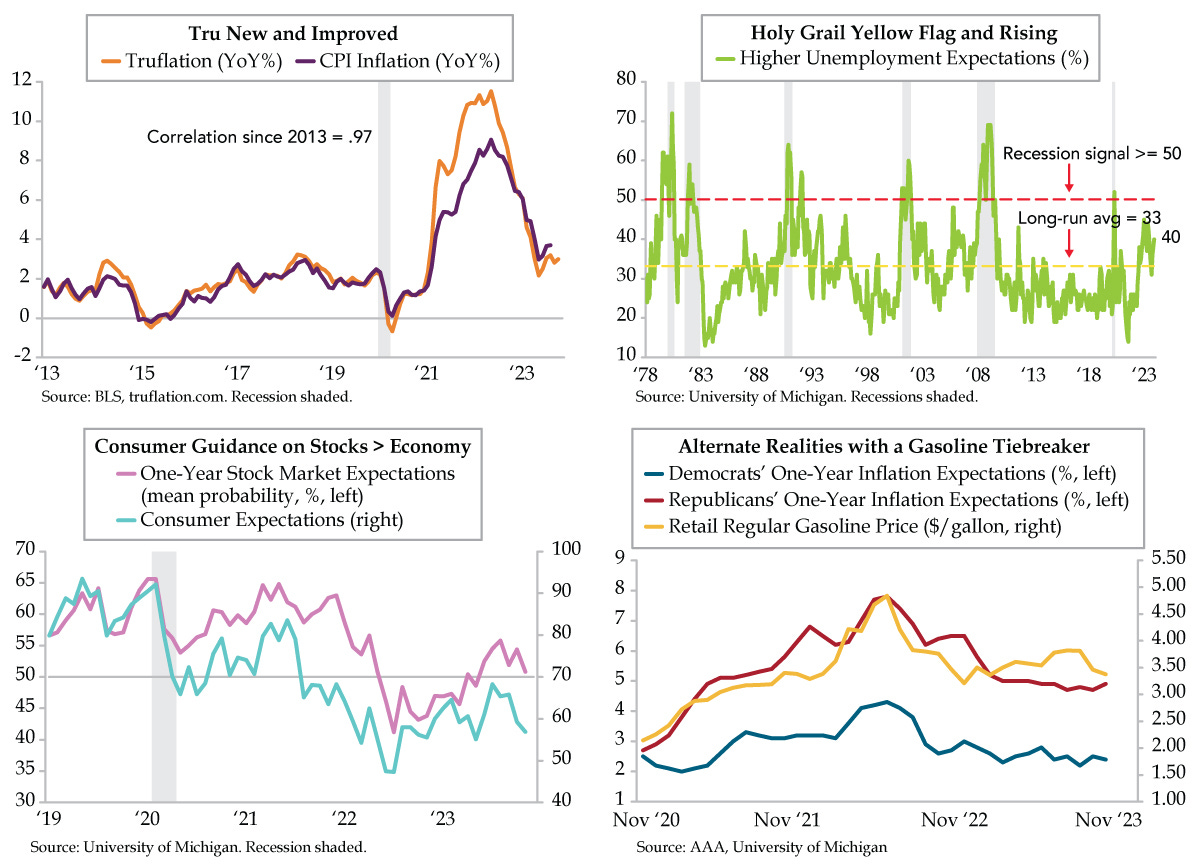The Daily Feather — Washing the Brain
Dateline: September 24, 1950
Publication: Miami News
Title: “Brain-Washing” Tactics Force Chinese into Ranks of the Communist Party”
Author: Edward Hunter
In Mandarin, xǐ nǎo translates to “wash the brain.” CIA-backed journalist Edward Hunter’s groundbreaking investigation into the tactics employed by Mao Zedong to further his communist revolution ripped back the curtain. “Washing” is too benign a term. In practice, the minds of the truculent were eviscerated and replaced with voluntary subjugation. At the advent of the Korean War, the collective paranoia of the Cold War era was quick to embrace Hunter’s revelations. Could Chinese communists penetrate and control the minds of American prisoners of war? Most enticing were Hunter’s assertions that the Chinese were engaged in a cover-up of the practice of “brainwashing,” a term he coined. Covert was key as the products of psychological interventions became more than malleable wards of the state but living and breathing weapons of enemy states. Per Hunter, not only did “the Reds” use “drugs and hypnotism,” as he testified to the House Committee on Un-American Activities. Brainwashing’s ultimate aim was making Americans “subjects of a ‘new world order’ for the benefit of a mad little knot of despots in the Kremlin.”
One of the most effective medium-term applications of brainwashing is economics. Manipulating the minds across a populace is easier done than said if central planners can convey bad news as good. For decades, I’ve listened to my retired mother lament inflation. Aside from the CIA not knowing they’ve got a prized operative in her who’d make mental mincemeat of any enemy, she personifies the opposite of brainwashed. Don’t even try hedonics on dear old Mom. The notion the Bureau of Labor Statistics introduced in the mid-1990s, that product quality improvements allow price declines to be reported, even if the price itself increases, would not fly. Mom was much more amenable to Truflation, an alternative price gauge that tracks more than 13 million prices in real-time. Curious as to its co-movement with the Consumer Price Index (CPI), a few months ago, the data’s arbiters allowed QI to run a correlation against the raw data. The output: a stout 0.97, nearly a perfect 1.




